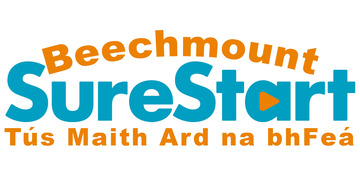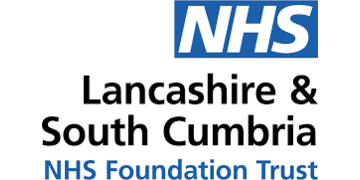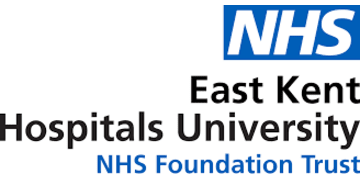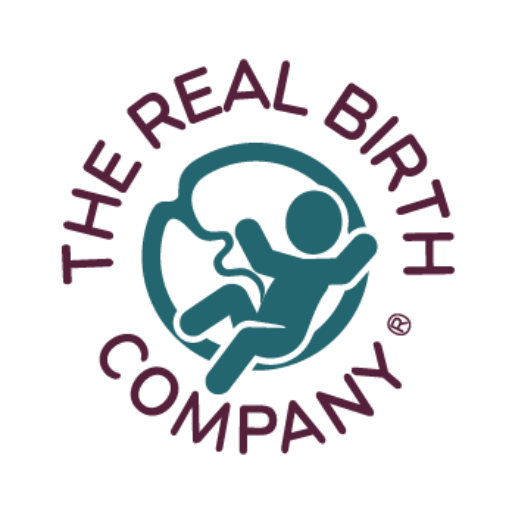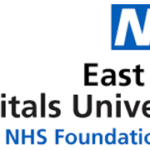
Enhancing Access to Antenatal Training: A Case Study of The Real Birth Workshop
25 June 2024
Empowering Antenatal Support: Real Birth Training in Sure Start Projects
25 June 2024Context:
Since its launch in 2017, RealBirth has been a vital source of support for expectant mothers, particularly those from underrepresented groups, by providing essential information and choices throughout pregnancy and birth. Supported by various NHS initiatives and Health Innovation Networks, RealBirth has innovated to address the gaps in maternity services, especially in the face of midwife shortages and reduced antenatal education.
Objective:
To assess the impact of RealBirth in improving access to maternity services, providing informed decision-making support, and enhancing efficiency in healthcare delivery, with a focus on inclusivity and engagement.
Methodology:
The evaluation of RealBirth's impact involved a comprehensive analysis of its implementation in LMNS Lancashire across nine sites, servicing approximately 16,000 births annually. This assessment included user engagement rates, acceptability, efficiency gains, and efforts to enhance inclusivity through collaboration with diverse stakeholders.
Results:
RealBirth facilitated informed decision-making by providing evidence-based information on various birth scenarios, including caesarean and pre-term births.
Its hyper-localized technology ensured accessibility to information in multiple languages and specific hospital maternity guidance, minimizing the need for unnecessary travel.
The introduction of unique URLs embedded into Electronic Patient Records enabled Trust-specific data collection, facilitating instant access to maternity populations.
Strategic midwifery training sessions and collaboration with Trust representatives and community stakeholders expanded reach to underrepresented demographics.
Initial implementation saw a significant increase in user acceptability rates, with engagement rates reaching 81% after six months, and some sites achieving 100% engagement.
RealBirth technology led to efficiency gains, equivalent to 3,634 midwifery days saved, resulting in substantial cost savings.
Recommendations:
Continue to refine and expand the personalized birth preparation programme to better align with diverse health needs.
Strengthen collaboration with community stakeholders to further enhance inclusivity and reach harder-to-reach demographics.
Explore opportunities to integrate RealBirth technology into other aspects of maternity care to optimise efficiency and support.
Conclusion:
RealBirth has emerged as a crucial resource in bridging gaps in maternity care, particularly in providing inclusive support and enhancing efficiency in healthcare delivery. Its innovative approach has not only empowered expectant mothers to make informed decisions but also contributed to significant savings in clinical capacity and costs. Moving forward, continued collaboration and refinement will be key to further advancing the impact of RealBirth in maternity care.

